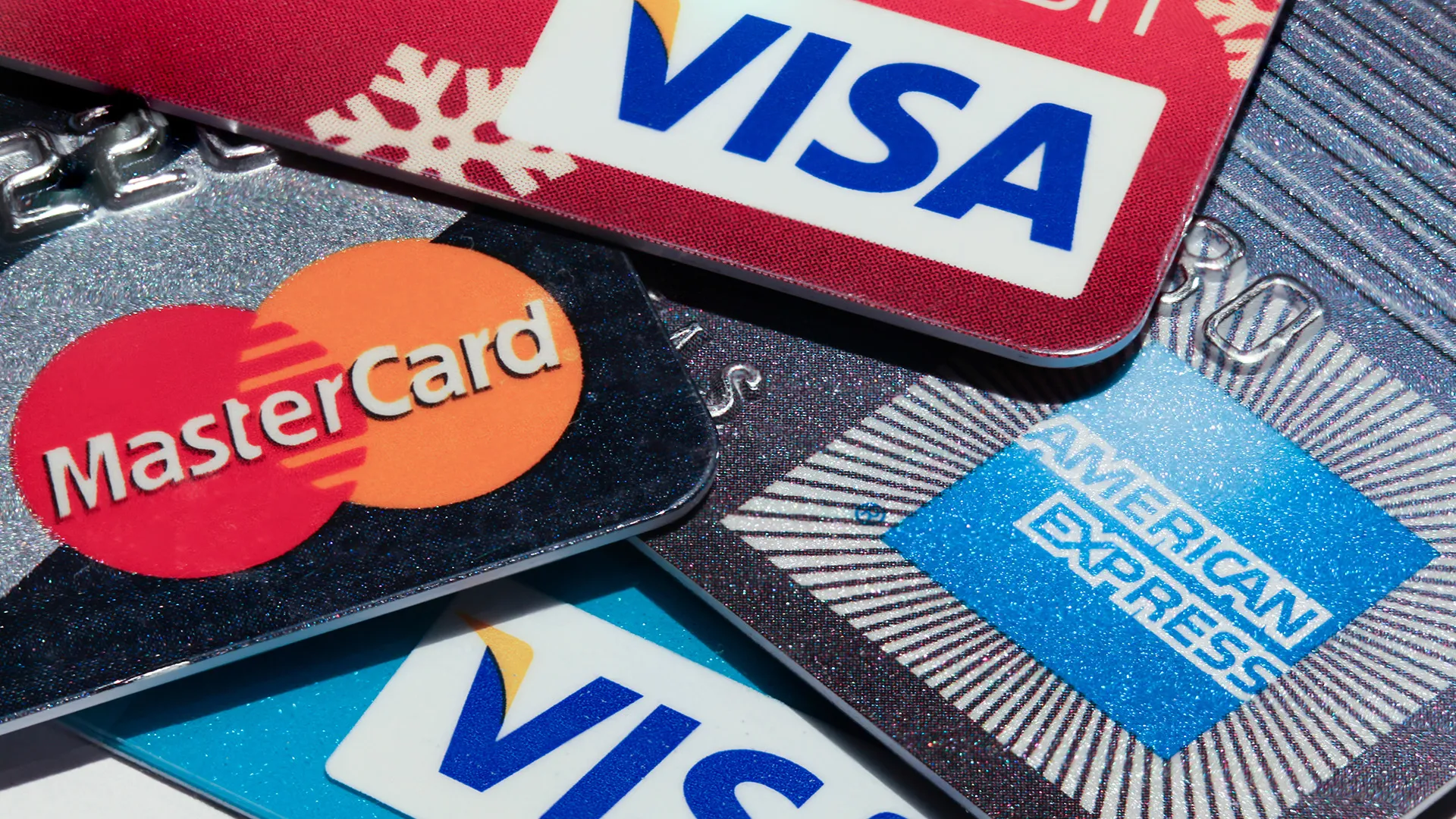In the complex financial landscape of 2024, credit cards remain a widely used and convenient tool for managing expenses and making purchases. However, they can also be a source of financial stress and debt if not used responsibly. Greensprout, a financial advisory platform, offers expert advice on avoiding credit card pitfalls and maintaining healthy financial habits in the new year.
The Appeal and Risks of Credit Cards
Credit cards offer several advantages, such as convenience, rewards, and the ability to build a credit history. Yet, they also pose potential risks that can lead to financial difficulties if not managed wisely. Some common credit card pitfalls include:
- High-Interest Rates: Credit cards often come with high-interest rates, and carrying a balance from month to month can lead to significant interest charges.
- Minimum Payments: Paying only the minimum amount due can result in a cycle of debt, as interest continues to accrue on the remaining balance.
- Impulse Spending: Credit cards can make it easy to overspend, as the availability of credit can create a sense of financial security.
- Late Payments: Missing credit card payments can lead to late fees, increased interest rates, and damage to your credit score.
- Identity Theft: Credit card fraud and identity theft are ongoing threats, and victims may be liable for unauthorized charges.
Expert Advice from Greensprout
Greensprout provides valuable insights on how individuals can avoid common credit card pitfalls and make informed financial decisions in 2024:
- Budgeting and Planning: The foundation of responsible credit card use is a well-defined budget. Greensprout recommends creating a monthly budget that outlines income, expenses, and savings goals. This helps individuals track spending and allocate funds appropriately.
- Understanding Interest Rates: To avoid accumulating high-interest charges, it’s crucial to understand the interest rates associated with credit cards. Greensprout advises individuals to prioritize paying off high-interest debt and explore options for lower-interest cards or consolidation loans.
- Paying in Full: Whenever possible, aim to pay your credit card balance in full each month. This practice not only prevents interest charges but also helps maintain a healthy credit utilization rate.
- Responsible Credit Limit Usage: Greensprout emphasizes the importance of responsible credit limit usage. Avoid maxing out credit cards, as this can negatively impact your credit score and increase financial stress.
- Automated Payments: Setting up automated payments for at least the minimum amount due ensures that bills are paid on time, reducing the risk of late fees and credit score damage.
- Reviewing Statements: Regularly review credit card statements to spot any unauthorized charges or discrepancies. Reporting issues promptly can help protect your financial security.
- Emergency Fund: Greensprout encourages individuals to build an emergency fund to cover unexpected expenses. This can prevent the need to rely on credit cards in times of financial stress.
- Credit Monitoring: Consider using credit monitoring services to keep an eye on your credit report for any unusual activity. Early detection of potential issues can prevent further damage.
- Avoiding Impulse Purchases: Before making a credit card purchase, take a moment to consider whether it’s a necessity or an impulse buy. Greensprout advises individuals to practice mindful spending and prioritize needs over wants.
- Seeking Professional Guidance: If credit card debt becomes overwhelming, it may be beneficial to seek assistance from a financial advisor or credit counselor. These professionals can provide strategies for debt repayment and financial recovery.
Credit cards can be valuable financial tools when used responsibly, but they also carry risks that can lead to financial challenges. Greensprout’s expert advice emphasizes the importance of budgeting, understanding interest rates, paying in full, and maintaining responsible credit card usage to avoid common pitfalls. By implementing these practices in 2024, individuals can navigate the world of credit cards with confidence and financial stability.
Remember that responsible credit card use is a crucial component of overall financial wellness, and making informed choices today can lead to a brighter financial future in the years ahead.


